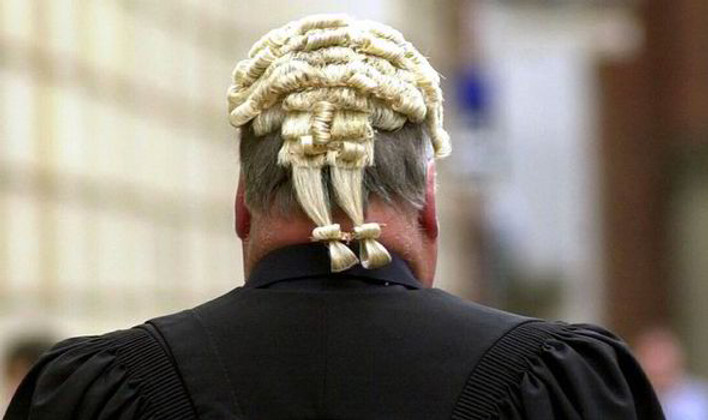
“Judges must conform to the highest standards and avoid any inappropriate behaviour in their public and private lives. Being a judge is an obligation to society and not only a job, but a way of life.”
- The Hon Justice RG Atkinson AO, Supreme Court of Queensland, Australia
Excerpt of an address by The Hon Justice RG Atkinson AO regarding Judicial Integrity -
Appointment of Judges
First, that the process for judicial selection must incorporate merit-based criteria and be publicly accessible; that is, that the method by which selection takes place must be known and not secret. Second, that it is desirable for candidates to be short-listed and recommended for appointment by a panel or committee independent of the executive, or at least consisting of a clear majority of judicial members
These approaches are desirable in order to promote a diversified judiciary of the highest order, with selection to be free from discrimination, political influence or other bias and to ensure that those appointed are not corrupt nor susceptible to corruption.
Transparency of Court Proceedings
There must be transparency in court proceedings to ensure public confidence and combat corruption. There were two main elements of best practice reported to enhance transparency. First, transparency is enhanced when court proceedings are publicly accessible, as far as possible. Members of the public and the media should be able to attend and report on court proceedings, with only limited exceptions.
The next most commonly reported element of best practice amongst courts worldwide was the publication of reasoned judicial decisions.
Supporting Integrity and Preventing Corruption
Three main themes emerged in relation to this issue. First, there must be secure and adequate working conditions for judges. Judicial salaries, pensions and entitlements should be reasonably generous, in order to reduce the likely effectiveness of bribery.
Second, there should be ongoing judicial education that reinforces standards of appropriate conduct. This should desirably be peer-group led to encourage and foster a culture of integrity within the judiciary and staff of the courts. Judges must conform to the highest standards and avoid any inappropriate behaviour in their public and private lives.
Third, it is desirable to have a fair process for responding to complaints of judicial misconduct.
Threats to Integrity & Non-Corruptibility
The second key threat relates to attempts by external parties to exert influence over the exercise of judicial functions. There is a particular threat attendant upon excessive proximity between judges and those who exercise political or economic power.The politicisation of judicial appointments is a particular area of concern.
Pressure to conform to a particular ideological or political view, particularly when backed with vigorous press reporting, is an insidious threat which is as much a threat to the integrity of the judiciary as bribery or secret representations.
A strong and independent judiciary should receive the vocal and open support of the other institutions of government and of civil society so that citizens can have confidence in the integrity of all who exercise power in their community.
What do we think about:
- In 2019, Former Attorney General Christian Porter appointed John Snaden, a junior barrister, as judge to the Federal Court. John Snaden was known to the AG having been to the same university in Western Australia, and is known to be a close friend of two other politicians.
What are the protocols for these judicial appointments, are they adequate and are they being followed?
- Secret trial of Witness J - a secret trial, sentencing, and jailing of a former military intelligence officer. Does this pose serious questions about the transparency of Australia’s legal system ?
- Having judges who practice and endorse sexual abuse of minors and believe that the law is outdated because men should be allowed to have sex with children. Are they fit and proper persons to be in those positions?
